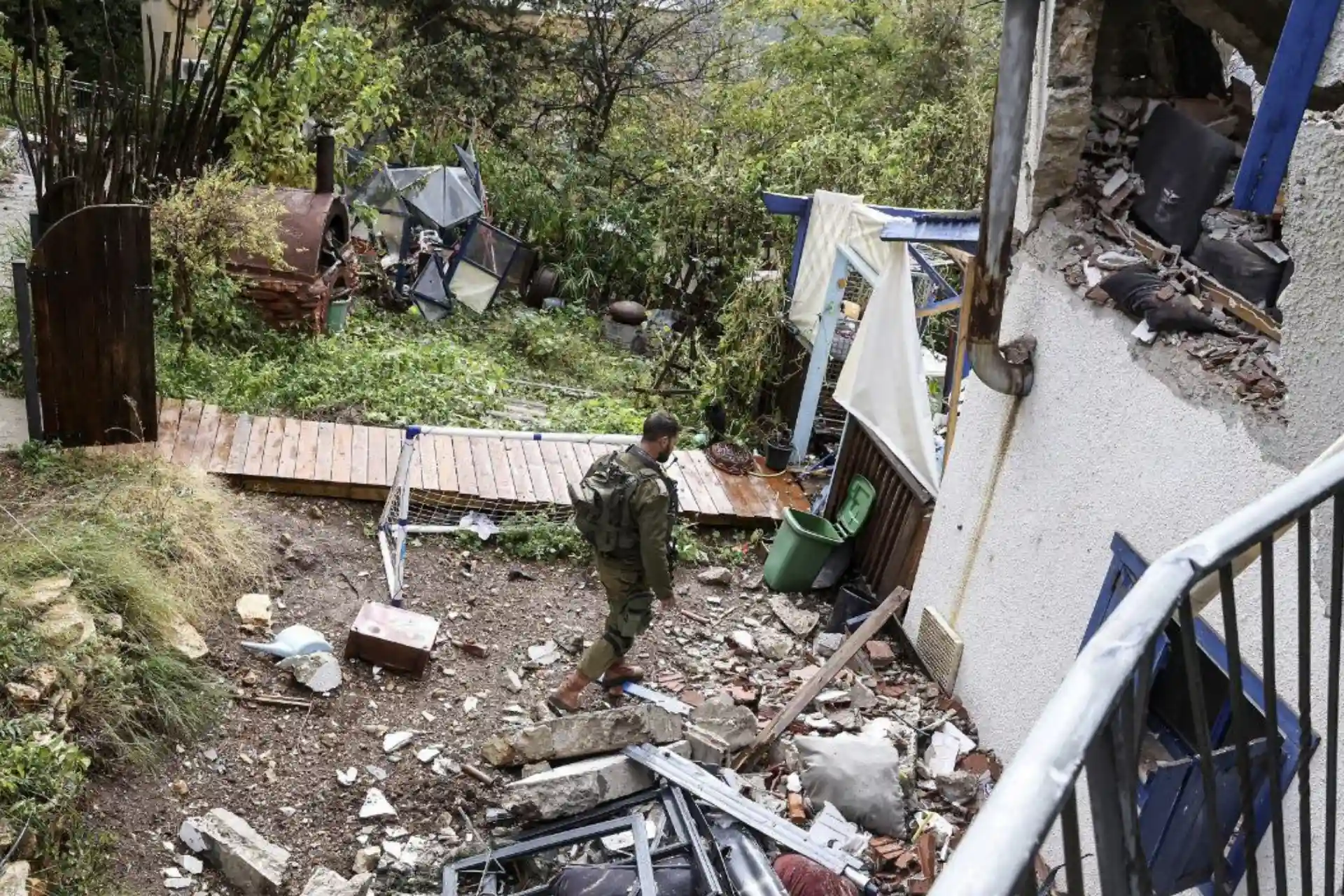Israel is in a serious crisis, since October 7, more than 46,000 businesses across the country have failed.
Since October 7, more than 46,000 enterprises and organizations have stopped their activities in Israel. Construction, trade, tourism, and agriculture sectors are seriously affected by the war. By the end of the year, the number of closed companies may reach 60,000.
The Israeli newspaper "Maariv" reported that as a result of the ongoing war in the country and its devastating effect on the economy, 46,000 companies were forced to close their operations. The publication called Israel a "falling state".
Yoel Amir, CEO of the Israeli information services and credit risk management company CofaceBdi, gave an interview to "Maariv":
"This is a huge number that covers many areas. About 77 percent of the businesses closed since the beginning of the war, that is, about 35 thousand, represent small businesses, which are the weakest in the economy," he said.
In general, according to the report, the most vulnerable sectors are the construction industry and the entire ecosystem around it: producers of ceramics, cooling systems, aluminum, building materials, etc. - all of which are significantly affected, according to CofaceBdi risk ratings.
The war also had a serious impact on trade. This includes the service sector and industries such as fashion, furniture, household goods, entertainment, transport and tourism.
Also, according to the report, foreign tourism in Israel is on the verge of extinction. All businesses across the country have been affected to one degree or another, and almost no industry is spared.
This includes the agricultural sector in the south and the north. Both areas have become active battlegrounds due to threats from the Palestinian resistance forces and the Lebanese Hezbollah. Hezbollah's anti-Israel front contributed significantly to the collapse of the economy.
According to the CEO of CofaceBdi, 60,000 Israeli businesses are expected to close by the end of 2024.
Hizbollah's attacks are having a serious impact on local businesses and education in the north. Tens of thousands of migrants were forced to evacuate. Hezbollah leader Hasan Nasrallah said on July 10: "We have achieved our goal of draining the enemy's economy . "
The Yemeni army's naval operations also contributed greatly to the collapse of the economy. Revenues at important ports such as the southern port of Eilat have declined significantly and are on the brink of bankruptcy.
In the last months of 2023, Israel's GDP decreased by almost 20%.
The threat of a conflict with Hezbollah has created such a fear in Israel that any full-scale war with the Lebanese resistance forces could plunge the economy deeper into the abyss. Hezbollah has shown in recent video warnings that it has the ability to attack energy infrastructure such as oil refineries and gas tanks.
If the situation continues like this, by next year Israel may face an unimaginably serious crisis. Its politicians are leading the country to a great age. But the bitterness, the strong hatred and enmity, which has blinded the eyes from the truth, is pushing the war to its end.



